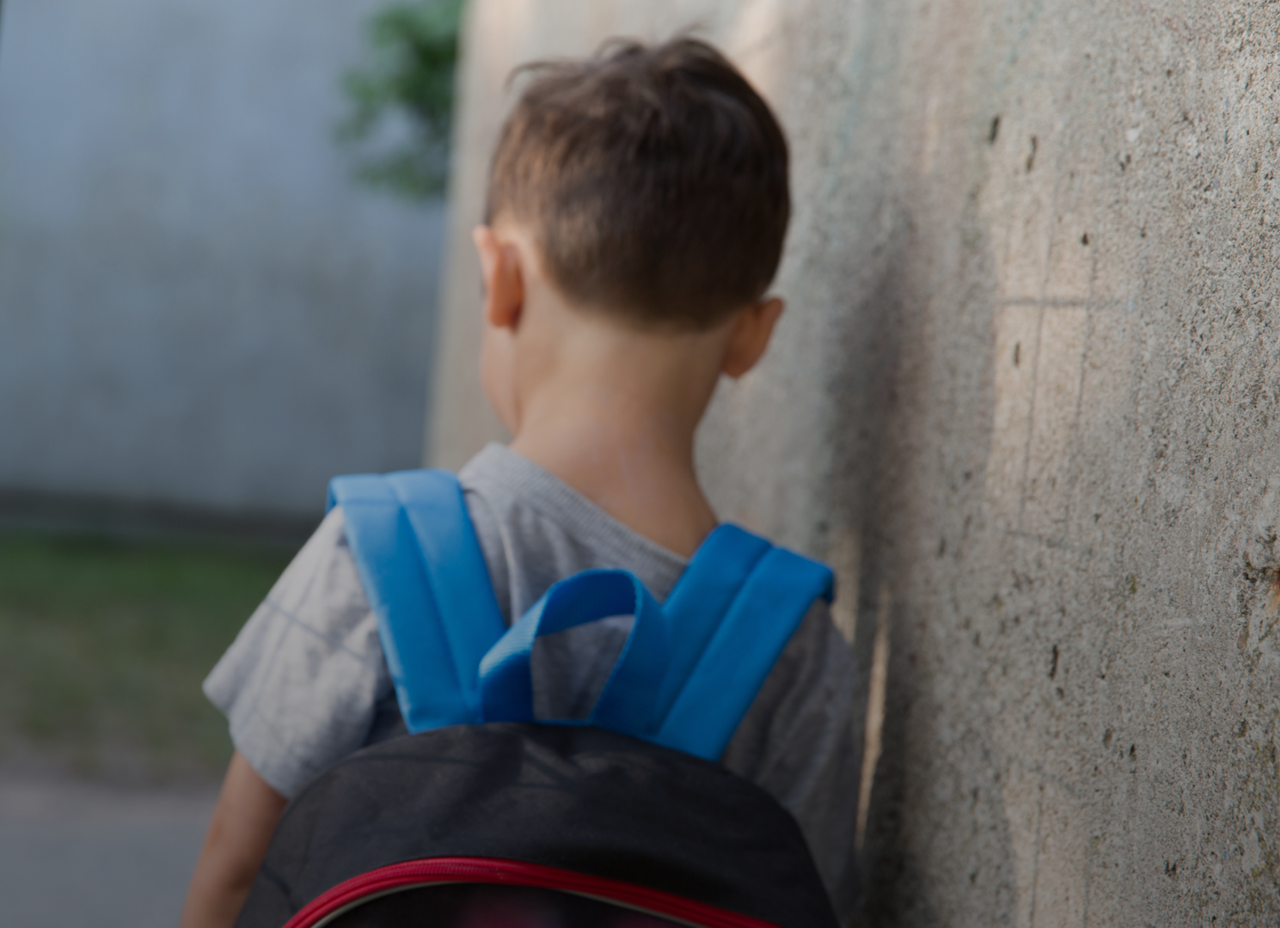
I live close to the school where I’m principal, but I might as well live in a different country - it’s that different from my life. It’s a real eye opener to actually see that there are children who don’t have food, who are coming to school hungry, or not coming to school at all. I realised how sheltered my life had been, and how little I knew about the lives that some of our children are living.
Life for our children is about the basics. There are no luxuries at all, no access to sports and clubs. My wife’s a teacher at a higher decile school and last year her children went on a ski trip. Most of the kids at my school will never even see snow. We went on a trip to the other side of town, and we had children who had never been through the tunnel - never knew there was a harbour on the other side of those hills.
We’re surrounded by wealthier schools, and I know some people look down their noses at us or have preconceptions about our school because we’re almost 50% Māori. Stereotypes are a really hard thing to break, but we’re always fighting that battle for our kids, saying they’re amazing, and our community is amazing - they work so hard.
Quality education goes on here - we just have to do a few extra things to make sure that the playing field is level for our children, that other schools don’t have to worry about. We offer an awful lot of support. We provide free stationery. We apply for community grants so we can provide free uniforms for every child. We get jackets, shoes and food from KidsCan, which is invaluable. We’re seeing more demand for breakfast, we provide morning tea, and we’re in the government’s free lunch programme.
Our Breakfast Club is pretty special. It’s run by volunteers from our local library, church, council and Kāinga Ora. Engaging with the community means when Kāinga Ora staff go to see families, for example, the children know them. Before it started, we had children who didn’t come to school because there wasn’t food in the house. Now, some have six pieces of toast and a big bowl of cereal - they may not have eaten the night before. I help out on a Thursday when we make pancakes. The kids are happy to see you and you build relationships with them. It’s really rewarding - it fills your bucket.
Originally, I was concerned about whether parents would take advantage of the support we offer. But we actually find that it's helped us to build strong connections, because they see us as someone they can come to. It's a big thing to admit that you don't have food at home, or you can’t afford school shoes for your child. A lot of our whānau haven't had positive experiences of schooling themselves, so you're breaking down some real barriers.
Now they know they can come into a non-threatening environment and have a cup of tea with their child in the morning or come to the office and get new shoes. They so appreciate the support. And getting a pair of shoes might be the first step, but the next thing you know, you've got them helping at the PTA disco. KidsCan’s products give us a simple way to make a big difference to families.
At the end of the day, my concern is around the wellbeing of the students, and I will do whatever I can to reduce the barriers in front of them. A child can't learn on a hungry stomach and the child can't learn if they're not at school. Now, by 9am, the kids are happy. They’ve had a chance to socialise with their friends, they've got full tummies. They’re ready to engage in their learning.
It’s about giving every child the opportunity to be successful and giving them that self-belief that they can actually do whatever they want to do, be whoever they want to be and make a difference. They can break the cycle. Their parents may not have been able to do what they wanted - but that doesn’t mean that they can’t. There is a bright future for them.